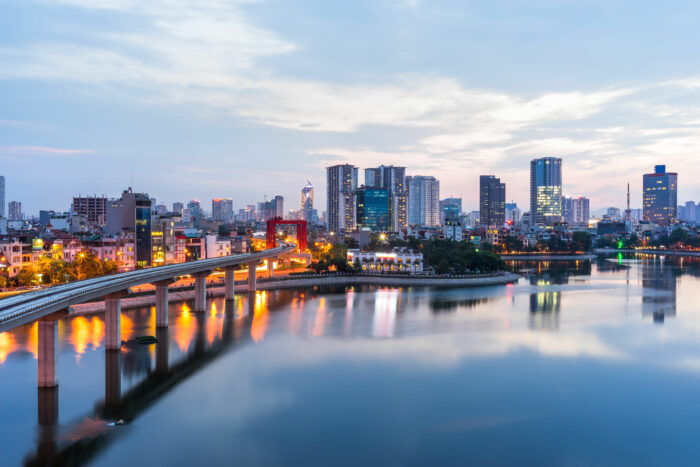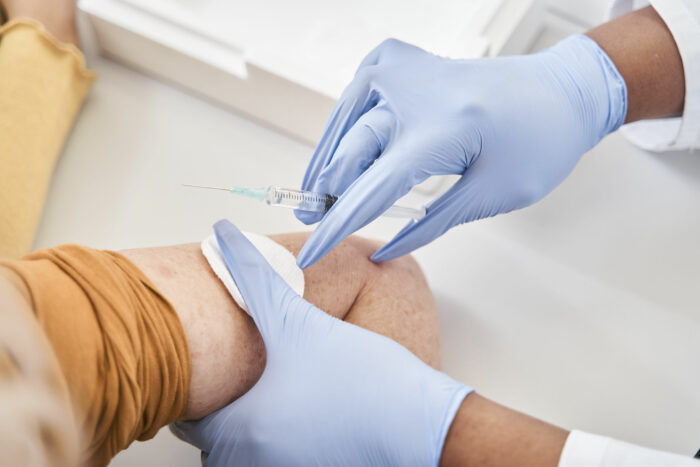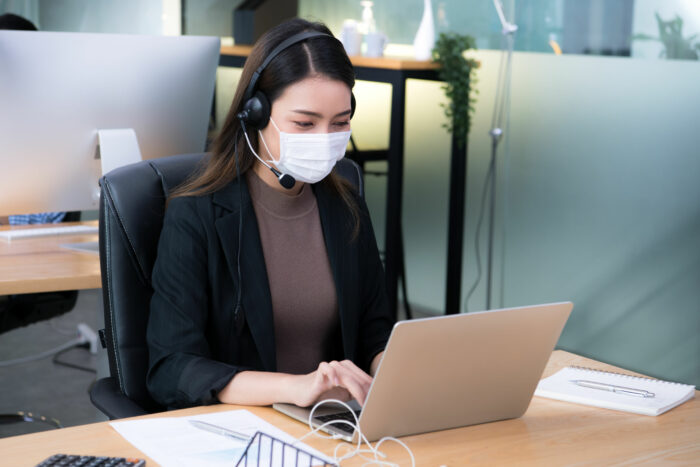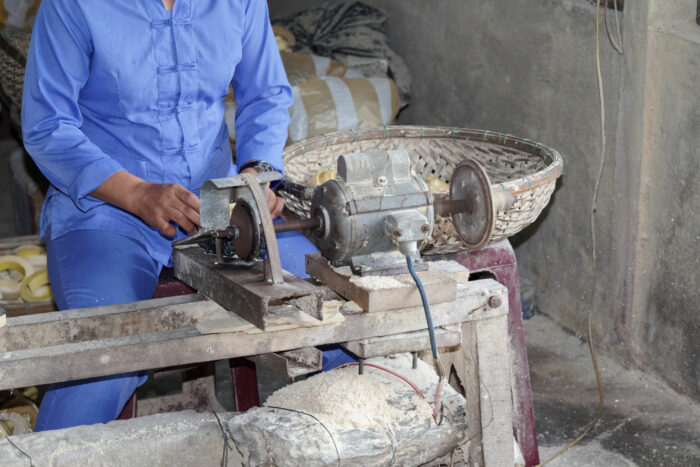Indonesia’s VP urges workers to increase their preparedness

High unemployment and low competitive edge are the result of workers’ unpreparedness to adapt to changes in the job market and industry, he said.
Vietnam proposes US$1.2 billion COVID-19 relief package

The VND27,600 billion (US$1.2 billion) relief package will support workers and businesses badly hit by the pandemic.
Singapore companies advised to test staff regularly for COVID-19

Employers with staff who need to work in high-risk environments should implement testing for them on a regular basis, says Enterprise Singapore.
Companies in Vietnam offer to pay for vaccination of staff

Most employers are willing to pay to vaccinate their employees to curb the spread of the virus in their companies.
More workers to be vaccinated in the Philippines

About 35.5 million people will be eligible for vaccination in the government’s efforts to curb the spread of COVID-19 and open up the economy.
South Korea to grant workers with extra days off

The government will soon pass a bill that will provide workers with extra days off should a public holiday fall on a weekend.
Vietnam prime minister urges for relaxation of overly strict lockdowns

Local governments have been urged to relax overly strict lockdowns that are affecting production and business activity in some provinces.
India forms expert committee to set national minimum wage

The committee will provide technical inputs and recommendations to set minimum wages and a national floor for minimum wages.
Taiwan grants pandemic subsidies to 600,000 self-employed

The Cabinet is revising an economic stimulus bill to provide financial relief to two groups of self-employed people affected by the pandemic.
Malaysian banks offer loan moratorium and assistance to SMEs

SMEs adversely hit by the full lockdown can now enroll in the Targeted Repayment Assistance (TRA) programme offered by banks.
Government workers in the Philippines to receive hazard pay

Government employees who need to report physically for work will receive a hazard pay of P500 (US$10.4) per day.
WFH employees to be prioritised for vaccination in the Philippines

The Department of Labour and Employment (DOLE) is urging the government to include employees who work from home in its A4 vaccination priority list.
Japan steps up COVID-19 vaccination at workplaces & universities

Chief Cabinet Secretary Katsunobu Kato has said the country will start vaccination for COVID-19 at work premises and universities beginning on June 21.
Taiwan approves up to US$30.4 billion for pandemic relief

Taiwan’s legislature has passed a financial relief proposal that will see NT$840 billion set aside for direct payments and loans to citizens and businesses.
Employment continues to grow in South Korea

The Ministry of Employment and Labour said the number of employees hired by local businesses grew 2.1% year-on-year in April.
Malaysia mulls giving more power to JTKSM to police WFH SOP

The Department of Labour could be given more authority to penalise companies who fail to comply to WFH orders.
35.5 million more workers to be vaccinated in the Philippines

The government is expanding its A4 vaccination priority group to include 35.5 million more workers, who will be vaccinated beginning this month.
Cambodia government officials call for paid leave days for vaccination

A statement has been issued to all factories and enterprises mandating that workers be given a paid day off in order to get vaccinated.
China shores up support for MSEs and self-employed

Premier Li Keqiang pledged to extend more support to micro and small enterprises (MSEs) and the self-employed on six fronts.
Thailand likely to see higher unemployment this year

The National Economic and Social Development Council said the third wave of the pandemic is likely to lead to soaring unemployment this year.
Malaysian SMEs told to self-enforce MCO SOPs

Businesses have been told to form their own internal audit committees to ensure compliance to the stricter SOPs under the MCO.
Vietnam’s manufacturing companies pushes for vaccination of workers

Three major manufacturing associations are calling for the vaccination of workers against COVID-19 due to the latter’s vulnerability to infection.
South Korea’s proposed bill protects workers’ rights when companies split

South Korea’s policymakers have proposed a bill that will guarantee employees’ rights when a company is in a spinoff.
Singapore businesses required to report on-site staff numbers

The Ministry of Trade and Industry (MTI) has asked business owners to provide the number of staff on-site in their workplaces.
Hong Kong freezes minimum wage amid pandemic woes

The minimum wage in Hong Kong has been frozen for the first time since the Minimum Wage Ordinance came into effect in 2011.
New Zealand increases sick leave from five to 10 days

The New Zealand parliament has passed a bill that will double the number of paid sick leave for employees from five to 10 days.
Private-sector average wages in China rose 5.3% in 2020

The average wages of private-sector urban workers increased by 4,123 yuan (US$640) to 57,727 yuan (US$8,967) annually in 2020, up 5.3% year-on-year.
WFH-related disabilities or deaths in the Philippines now compensable

Employees in the Philippines who are disabled or pass away due to injury-related incidents when working from home will now be compensated.
Malaysian agency to enhance workforce’s digital skills

The Malaysia Digital Economy Corporation remains committed to elevating the digital skills of workers, thereby boosting the country’s competitiveness.
New Zealand launches national framework to assess workplace DEI

The launch of the national framework to measure workplace diversity, equity and inclusion will help organisations make changes to improve.

